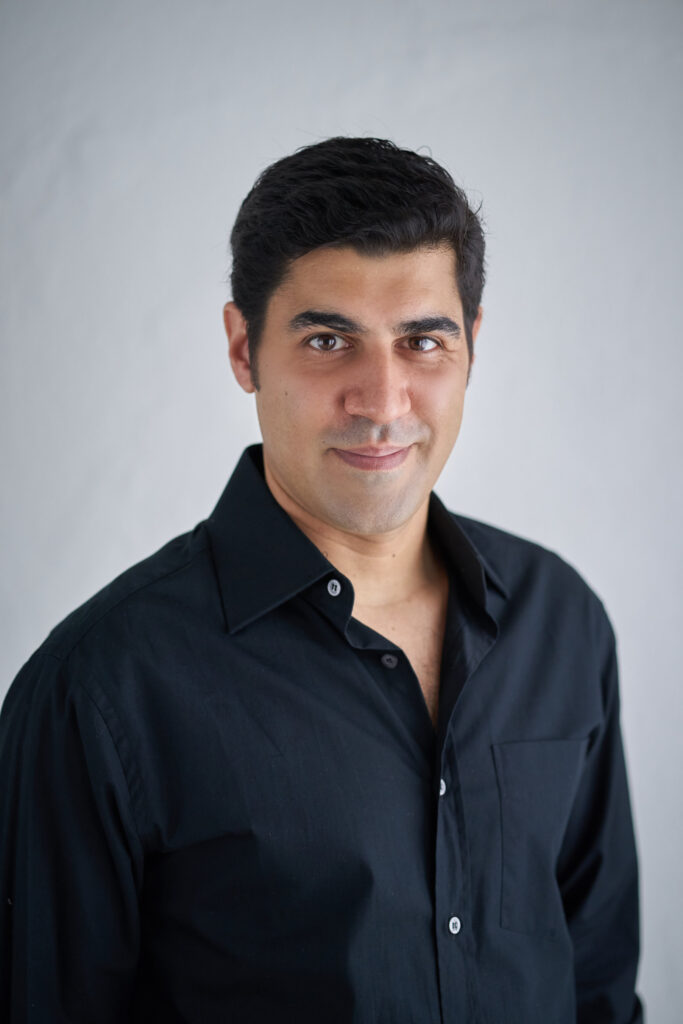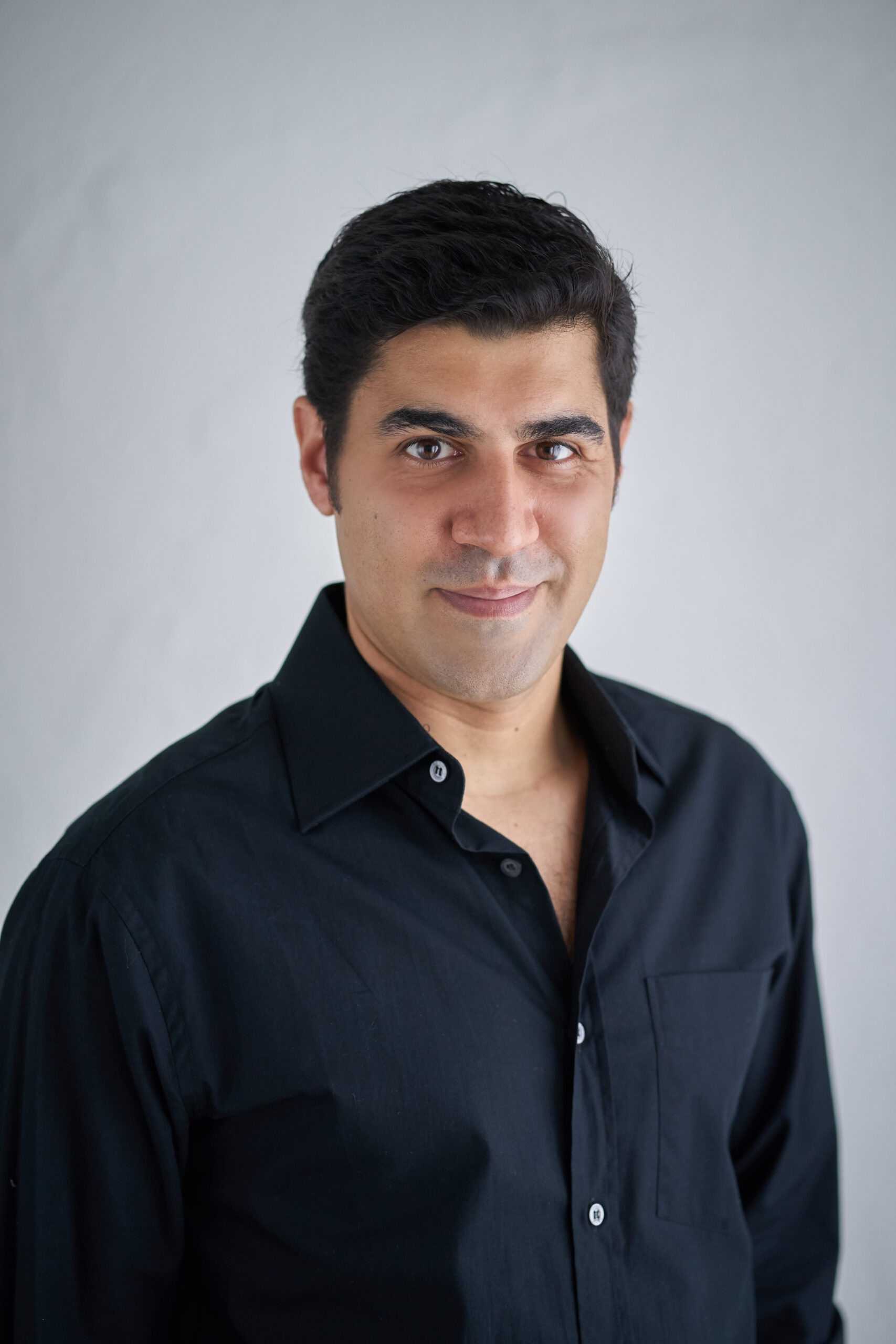Parag Khanna: an exclusive interview with the Indian and naturalized American political scientist. That is how Covid-19 is shaping the world
“The answer to the pandemic crisis has showed how some societies, such as Japan, South Korea, Taiwan, Hong Kong and Singapore, have been able to express an effective combination of reliable leaderships, independent competencies, public consultation, crisis preparation and national resiliency which we expect from the best governments at a global level.” These are the words of Parag Khanna, Indian and naturalized American political scientist – who currently lives in Singapore, with all the intentions to continue to live there in the near future – which strongly underline the political model offered by Asian societies, at the centre of his recent works such as Technocracy in America (2017) and The Future is Asian? (2019).
Friendly and moderate, the 42 years old expert in international politics, as well as founder and administrator member of FutureMap – a strategic consultancy society based on data and forecasts – shares with us his reflections on the different ways through which we are facing and, in some cases, gradually mitigating the Covid-19 spread, stressing the need of an adequate use of technology – not damaging individual privacy and setting itself within a cultural horizon of checks and balances and democratic transparency.
Parag Khanna, on the base of the Asian multipolarity analysed by you in your recent book “The Future is Asian”, China – the point of departure of the pandemic – and South Korea have both presented different and effective answers to the emergency. What can we learn from their approach?
The South Korea, Hong Kong, Taiwan, Singapore and Japan governments did better than others since they have very efficient healthcare systems and they are very careful of their aged population. We must not forget that, 20 years ago, they also experienced the Sars pandemic. Their citizens trust their government and, consequently, they strictly observe the instructions of medical professionals. We should also remember that 1 out of 10, or 1 out of 20, member of Singapore Parliament is a physician, and therefore is quite aware of what he is talking about: the population follows their guidelines, relying on their medical expertise. While the West looks superficially, and in a condescending way, to the Asian continent, I believe instead that it is time to analyse seriously the latter’s sophisticated societies, as I did in some of my works. We have a lot to learn about the management of some issues through what I defined as ‘the technocratic way’. In my 2017 book Technocracy in America (Fazi Editore), I analysed several countries searching the best inclusive and responsive governance practices, and I developed a model of “direct technocracy”, which combines a collective presidency executive and a multiparty Parliament of Swiss type with a public administration comparable to the Singapore’s one.
In a world that is growingly interconnected, should the answers to threats such as Covid-19 be global, coherent, and well-structured as well? When a cure or a vaccine would eventually be found, in your opinion, will it be accessible to all or nationalism will prevail?
I believe that, at international level, we should not follow a centralized model but, on the contrary, thinking on how to develop expertise locally, to enhance the internet connection, the sharing of information through the responsible bodies, in order to allow the diffusion of knowledge and resources, so that each State would be prepared to react to crisis in an effective way. I have already addressed this issue in my 2011 book, How to run the World (Fazi Editore). Regarding the availability for all of a future vaccine, I believe that it would depends on its production regulation. At the moment, several pharmaceutical tests have been developed which can provide a definitive recognition, positive or negative, in five minutes. We still have to evaluate, however, an effective outcome of these tests, that is if, practically, they would eventually be diffused rapidly or not at a global level. I think that the pharma industries are obviously interested to acknowledge the impact on the international market, given the natural competition among the different laboratories. Historically, the research phase of a vaccine’s development has always been a global issue: we have already assisted to partnerships between national and generic producers, while the governments were busy trying to assure the public that the new vaccine was extensively available – as has been the case with penicillin. Despite the fact that nationalism is revealing itself as very strong sentiment nowaday, I still don’t believe that, with regards of the solution of this pandemic, it will prevail: indeed, it is now taking place a vast sharing of resources, test devices, ventilators and facemasks.
How much influence did have the communication errors and the initial underestimations of the pandemic in shaping the current situation?
Miscommunications had a heavy influence. There has been an active suppression of information by China – which has been, and is still being, widely criticized – but, later, these mistakes have been made also by other national government, which stoked the confusion. This happened, patently, in the US, in the United Kingdom, and in all the countries where everyday there is a constant accumulation of new communications promoting quarantine and lockdown, inviting their citizen to isolate themselves. We can notice how, in Asian countries, social distancing is considered as the best medication and the most valid way of prevention, which can be enhanced without any healthcare and simply keeping distances for a couple of weeks: this alone has weakened the virus transmission.
In order to face the Covid-19 emergency, some European States have almost completely closed their borders, despite Schengen Agreements. Do you think that such a model of closed State based on self-sufficiency could survive also at the end of the current dramatic situation?
My 2016 book, Connectography (Fazi Editore), had precisely the aim to show how much infrastructures and supply chains are by now constituting a new level of functional geography, which goes far beyond our borders based political geography. We see every day how much this connectivity allows both the flows of goods and the spreading of diseases, while the boundary system try to act as a guardian of our security. In this case, however, the point is not to close the borders but to coordinate the different policies adopted. If the world applies social distancing policies, e similar acts are extended to each country, then there would be no need to close the borders since no one will have the need to cross them. I think that we are adopting a top down perspective, while we should try a horizontal one. Governments should have had agreed on the application of these policies at the same time, in order to not have the need to close the borders. Now, instead, since some outbreaks proved to be worst than expected, some leader, such the Spanish one, are now requiring the closure of the boundaries.
Could the use of the mobile network technology be useful to stop the spreading of the contagion? How could arrange this with the right to privacy?
Definitely yes. Some countries identified people on the base of pattern recognition, tracking their movements, in order to be sure that their citizens were following quarantine provisions. I believe that these are extremely important measures to succeed in the strife against this virus. There are several examples of it. In Singapore we use an app called “TraceTogether”. It is anonymous and it allows you to know whether if a person resulted positive to the test have been near you in the last two weeks, through the registration of Bluetooth signals. Only in this case you would then be contacted, since you could have been possibly exposed to the contagion. I think that it is a very useful and reasonable instrument: technology should not be intended, obviously, as an infringement of the people’s privacy, but as a form of welfare protection. Indeed, all the data obtained will be destroyed when they will be no more necessary. It is my opinion that, regarding the use of mobile networks technologies, this example presents a right balance between welfare and privacy.
Regarding the use of digital surveillance systems announced by the Israeli Prime Minister Benjamin Netanyahu, the writer and historian Yuval Noah Harari declared in an interview to the CNN that: “One of the dangers of the current epidemic is that it will justify extreme measures of surveillance, especially biometric, which even after this emergency will be over will remain.” Do you agree with this statement?
About surveillance, we have to stress that since the 9/11 technology made us move extensively forward: in the two decades following, the attacks were diffused everywhere surveillance cameras able to provide facial recognition and other similar instruments have been adopted. At the same time, we faced the downside of it, through reflections on the privileges and the powers that governments should or should not have. This is related also to what can happen in this moment. I think that this issue is more related to the technology regulation rather than to questions linked to health, security or economy. Clearly, all this is related to the trust we have in technology, which is constantly increasing since technology itself has constantly evolved. There are countries where there is a remarkable desire for a level of authority which elsewhere is perceived as abusive and, therefore, there is the need of a very determined dialogue at national level about democratic culture, transparency and checks and balances mechanisms, in order to avoid possible governments’ misconducts. Many countries are right demonstrating not to be a place as such.
The Global Preparedness Monitoring Board researchers are revealing the backwardness of the technologies used for the production of anti-flu vaccines, since “are expensive and take a long time”. Is it necessary to do more about it?
The use of technology in medicine trace a clear border between past and future. In the past, as it is evident, we did not enough in order to produce vaccines rapidly, because of technology and knowledge delays. Nowadays, instead, technology is way more used: there is a relevant and extended use of AI in genomic while, in the laboratories, a lot of work is computerised also regarding the simulation and the production of vaccines. This is of great help in the current circumstances and will obviously continuing to be in the future. There is a widespread appreciation on the role that medical technologies have in biological sciences and we should definitely invest more in them.
This article is also published in the June/July issue of eastwest.
You can buy the magazine at newsstand or subscribe.
Friendly and moderate, the 42 years old expert in international politics, as well as founder and administrator member of FutureMap – a strategic consultancy society based on data and forecasts – shares with us his reflections on the different ways through which we are facing and, in some cases, gradually mitigating the Covid-19 spread, stressing the need of an adequate use of technology – not damaging individual privacy and setting itself within a cultural horizon of checks and balances and democratic transparency.





